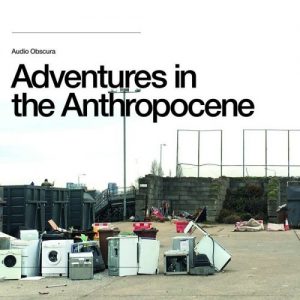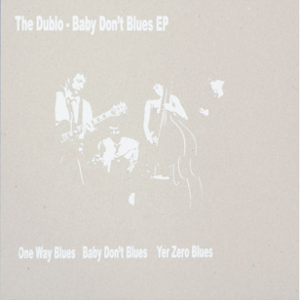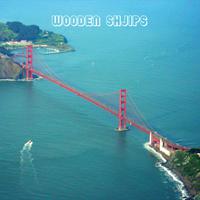 Neil Stringfellow‘s Audio Obscura has followed up 2020’s Love In The Time Of The Anthropocene with another expansive and hugely diverse litany of the destruction that has been caused since the time that our species has been on the earth. It is an affecting and far-reaching suite of pieces that make great use of the spoken word, set against the backdrop of expansive electronica that is his stock in trade.
Neil Stringfellow‘s Audio Obscura has followed up 2020’s Love In The Time Of The Anthropocene with another expansive and hugely diverse litany of the destruction that has been caused since the time that our species has been on the earth. It is an affecting and far-reaching suite of pieces that make great use of the spoken word, set against the backdrop of expansive electronica that is his stock in trade.
But this isn’t just another rage against the state of the world at the moment. It feels as though steps back have been taken to allow other perspectives, and to see how this figures in the grand scheme of the universe and our tiny position therein. The album is a series of newly recorded pieces that are centred around a huge remix of sections from the previous album, which would have worked really well as a stand alone EP without the embarrassment of riches that surrounds it.
The sparse, brooding electronics that open the album with just a hint of a beat feel like the pulses of a dying star surrounded by drifting bodies. It builds gradually into a thing of throbbing motion, only to disappear and reappear as the opening to “‘Live’ In The Anthropocene”. This feels like the soundtrack to a play with walk-on parts for the various narrators set against an evolving collection of soundscapes.The use of piano and birdsong brings the action down to earth, the familiar sounds and melancholy feel, including semi-classical strings . “The Three Sisters” section, narrated by Francisco Cantu, is the most affecting. It seems to shine a light on our post-Covid world, and how we need to try and revert to a simpler way of living, although such a thing will not be easy.
The drifting ethereality and high choral voices lead further into a story of time going backwards. Piano droplets and swirling horns abound, but the section of ecosystem disruption is all gently swaying electronica and pulsing beats. The use of birdsong here again keeps us grounded. Other voices, very different, appear and eventually all is blown away on a wave of static. It is a huge piece of work that opens out into some more standalone pieces. Scanner‘s remix of “Goodbye Holocene” is slow-moving industrial electronica, repetitive but somehow joyful, slow-building and ever-circling, with something of rebirth in its DNA, while the robotic voices of “Alternative Futures” are assailed by disturbing strings. The voices repeat and repeat, faceless and dystopian, bludgeoning the meaning home but without any emotion.The glitchy electronica on “Coming Back To The World” is hesitant and elusive, the sound of cameras and half-remembered strings accompany somebody trapped underground, abandoned and alone — which opens the way for the “The Clattering Train”, its bruising techno accompanying the reading. It is great how the pieces veer across musical styles though, which means that we don’t really know what is coming next. Belly Full Of Stars remixes “Love Is…” with wild vibrant strings and soprano sax. The sax attempts to soothe the whirling maelstrom beneath, but its endless, inevitable circling is hard to avoid and the dichotomy between the two is quite moving. The Rupert Lally remix of “Radio Anthropocene” is speaker-shuddering and leaden in its tempo, deliberate and simmering with tension, a throb like a distant heartbeat of Earth.
The use of such disparate voices throughout gives the feeling that we are not alone in this current unprecedented situation, but the dehumanised elements cause us to wonder with whom we will be sharing the near future. Will AI rise and start to share our concerns or will it revel in the Armageddon that we have created? “409.8 Parts Per Million” tries to find an answer amidst cello strings and the surge of mystery, while The Last Full Day Of Civilisation” — the final track on the album — just makes you think, what would it be like to be that person or amongst that group of people? It is an eerie and seriously thought-provoking ending to what constitutes an extraordinary labour of love, dripping with huge concern for the future of our civilisation.The soundscapes themselves are a revelation, but entwined with the sentiments and the well-chosen narrators, Adventures In The Anthropocene is a very impressive body of work. It is something deep into which we can dive, and we should do so. Strip off, close your eyes and allow yourself to be convinced.
-Mr Olivetti-



